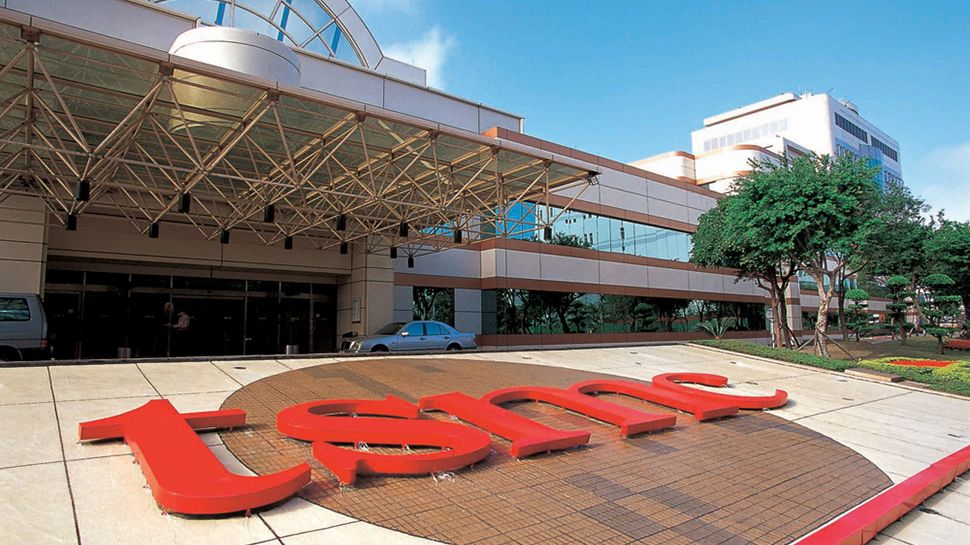Large customers revise orders to TSMC due to the economy slowdown.
Being the world's No. 1 foundry, TSMC was almost immune to the softening high-tech market in Q2 and Q3, but it looks like the party is over even for the world's largest contract chip manufacturer. TSMC's leading customers began to revise their orders to the company, affecting the foundry's results starting from the fourth quarter of 2022, reports DigiTimes.
According to the report, virtually all TSMC clients will experience a downturn and have to cut orders, so TSMC's utilization will decline significantly in Q1 2023. For example, the utilization rate of TSMC's N7-capable lines (7nm, 6nm-class technologies) will decline to around 50% in early 2023. Furthermore, even TSMC's N5/N4-capable lines will be underutilized, though this may not come as a surprise since these are used to make leading-edge products, like Apple's smartphone SoCs, and demand for advanced handsets is usually down in the first half of the year. More alarming is that even N28-capable fabs — which have been fully loaded since the beginning of the chip deficit in early 2021 — will be underutilized.
Due to the slowing economy in China as well as its COVID lockdowns, an economic downturn in numerous European countries, and reduced demand for many products in the U.S., large computer hardware, PCs, and smartphone makers lowered their procurement of new chips from companies like AMD, Intel, MediaTek, and Nvidia. As a result, the fabless chip designers reportedly had no choice but to slash orders to TSMC.
The order cuts will come into effect in Q4 2022, which will increase TSMC's inventories, though it is unclear how the significantly reduced orders will affect the company's revenue this quarter. Meanwhile, DigiTimes estimates that TSMC's Q1 2023 sales will decrease by 15% quarter-over-quarter. By contrast, TSMC's Q1 2022 revenue exceeded its Q4 2021 revenue by 12.1%.
Slashing orders to a contract manufacturer is not trivial since fabless chip designers are obliged to procure a fixed number of wafers in certain quarters. Nevertheless, TSMC is reportedly willing to accept compensation (as it will hold wafers with chips from AMD, Intel, Nvidia, etc., before they are ready to buy them) and even renegotiate deals on long-term supply contracts (i.e., increase the number of wafers that a company is committed to buying in the future) in exchange. Such measures will not make TSMC's life any easier in Q4 2022 or Q2 2023, though.
Market observers generally remain optimistic about the demand for advanced chips returning to normal in 2023. As a result, TSMC is still expected to post revenue growth for the year, but the sales increase may not be as impressive as the 2021 – 2022 period.




Recommended Comments
There are no comments to display.
Join the conversation
You can post now and register later. If you have an account, sign in now to post with your account.
Note: Your post will require moderator approval before it will be visible.